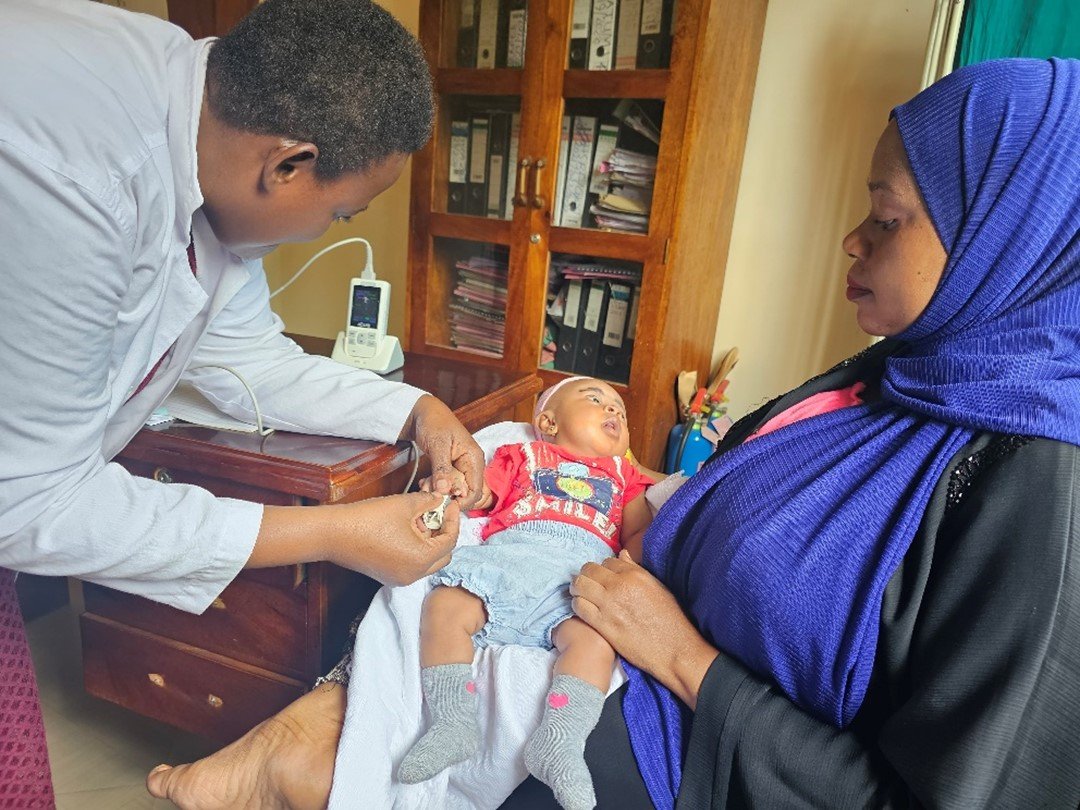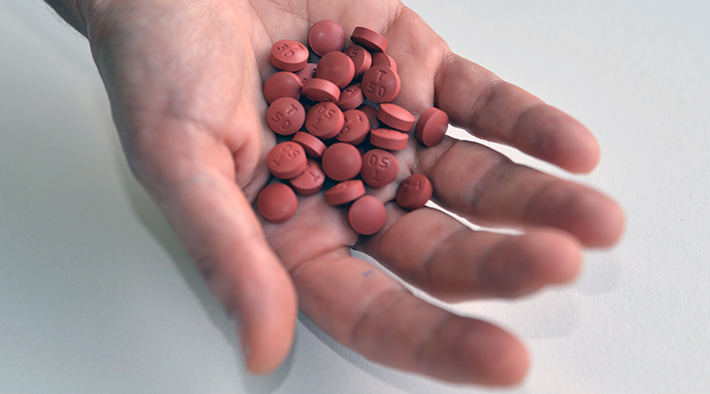Fast production
Pandemic response
Unequal access
US$210bn market
Amazing progress has been made in the fight against infectious diseases including HIV, TB and malaria, and infectious childhood diseases. New treatments and tests and a range of prevention tools to protect people from being infected have been developed, including new vaccines for malaria or respiratory diseases. But these health products are not suited for everyone everywhere, and some illnesses remain extraordinarily difficult to treat or prevent because of complicated protocols including multiple doses for long periods of time, stigma, or other complications especially for the most vulnerable like children. Many diseases still lack vaccines and for others, like emerging viruses, their development takes time. To keep making progress, we need better, faster, more innovative health products that go beyond existing treatments and prevention tools.
Monoclonal antibodies are manufactured versions of natural antibodies, proteins generated by the immune system to defend ourselves from diseases. They can be developed to treat or prevent a range of diseases and are already transforming modern medicine in high-income countries. With their potential to provide faster, longer-acting, more tolerable and highly effective protection, they also hold great promise for addressing public health needs in low- and middle-income countries. Monoclonal antibodies are also one of the fastest medical countermeasures that can be leveraged during a new health emergency. They can be rapidly developed by replicating antibodies from people who have recovered from a disease and, after manufacturing at scale, be administered to others, providing immediate and long-acting protection against infection. Monoclonals provide hence a complementary path forward to existing tools in addressing major public health threats.
Despite the great promise of monoclonal antibodies, however, there is a stark global inequity in access to these products. Extremely high prices, insufficient and concentrated manufacturing capacity, ill-adapted formulations, and limited visibility on demand are among the key barriers that compromise the use of monoclonal antibodies in resource-limited settings. This perpetuates the lack of commercial interest in infectious disease markets and does not incentivize innovating in production and development to reduce the cost and improve delivery of monoclonal antibodies in low- and middle-income countries.
Unitaid is developing a new initiative to demonstrate the feasibility and viability of business models that could reduce the cost of production and delivery of monoclonal antibodies, enable sufficient production capacity and engage early on with communities and key stakeholders to ensure adequate planning and demand. The aim is to make the most promising monoclonals – approved or in the development pipeline – accessible in low- and middle-income countries. The goal is to establish models for widespread and equitable access to monoclonal antibodies so they can deliver the greatest impact complementing other available tools in Unitaid’s programmatic priority areas: malaria, HIV and coinfections, tuberculosis, women’s and children’s health, and global health emergencies.
In addition, Unitaid continues to support the enabling environment that can advance access to these game-changing tools including through the Medicines Patent Pool and other intellectual property grants, as well as through our support to the World Health Organization (WHO).



